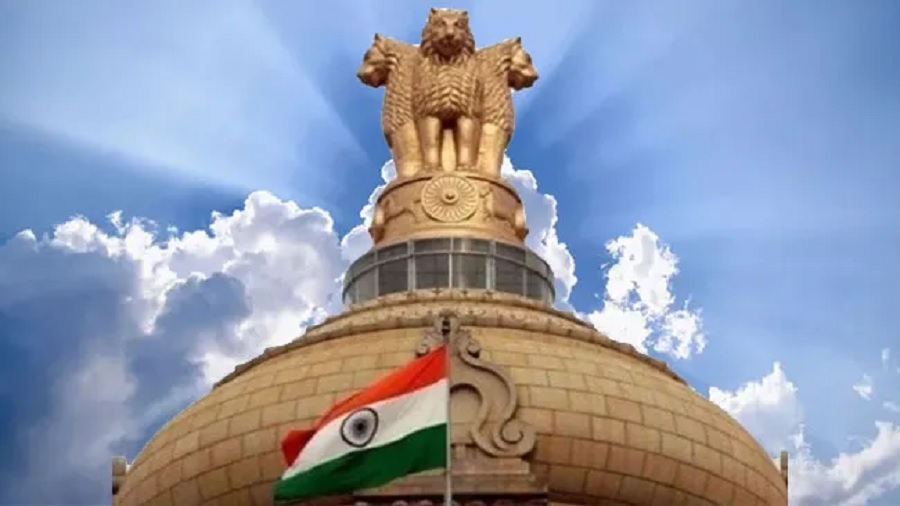CIVIL SERVICES
Absolutely! In general, “public service” refers to work performed for the government or to tasks involved in running and managing a public utility. These services are in charge of putting laws into action, maintaining public safety, offering public services, and managing a range of administrative tasks at the municipal, state, and federal levels. For instance, tax services, police services, diplomatic services, and administrative services. The maintenance of public services and governance depends heavily on public services, which are necessary for a nation’s government to operate.
Indeed! Departments or agencies, each with distinct duties, are frequently used to organize public services. Health care, education, transportation, finance, and social welfare are just a few of the industries these departments may focus on. Applicants to government jobs usually have to go through a demanding selection process that consists of screening, interviews, and an evaluation to make sure they possess the abilities, knowledge, and skills needed for the position.
After being elected, officials are held to the highest standards of impartiality, professionalism, and honesty in the discharge of their duties. In order to create and carry out policies that satisfy the requirements and preferences of the general public, they frequently collaborate closely with elected authorities, decision-makers, and other stakeholders. The advice, knowledge, and support that civil servants provide to government leaders is essential to the efficient operation of government departments and the administration of the nation as a whole.
Public administration is seen as a distinguished career in many nations, providing stability, prospects for growth, and the chance to positively influence society. But the civil service has a tough role extremely difficult, requiring individuals to handle conflicting priorities, negotiate intricate bureaucracy, and adapt to shifting social and political conditions.
As a group, public employees are essential to creating policies and initiatives that impact people’s lives, guarantee the smooth operation of the government, and advance the welfare of all.
Of course! Apart from their administrative duties, civil servants frequently serve as intermediaries between the public and the government, representing the state in a variety of capacities. They can hold meetings with citizens, listen to their issues, enlighten them about services and programs offered by the government, and help to keep the lines of communication open between the areas they serve and all governmental levels.
Furthermore, in state institutions, civil servants are crucial in advancing accountability, openness, and sound governance. It is their duty to guarantee that that government acts adhere to legal and ethical standards and that public resources are used effectively and efficiently. To determine if government programs are effective and to pinpoint areas for improvement, officials may conduct audits, monitoring, and evaluations.
Public services are also necessary to keep government activities stable and ongoing, particularly in times of crisis and transition. The organizational memory and experience of civil workers helps them make judgments and guarantee the government runs smoothly even in trying circumstances.
All things considered, public services are essential to the smooth operation of contemporary society, the foundation of governmental operations, and the defenders of public confidence. Civil servants’ devotion, professionalism, and hard work has a substantial positive impact on the welfare and prosperity of nations all over the world to volunteer work in the community.

